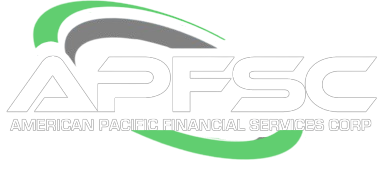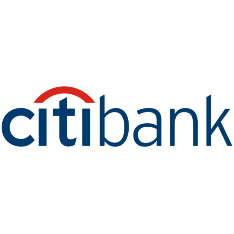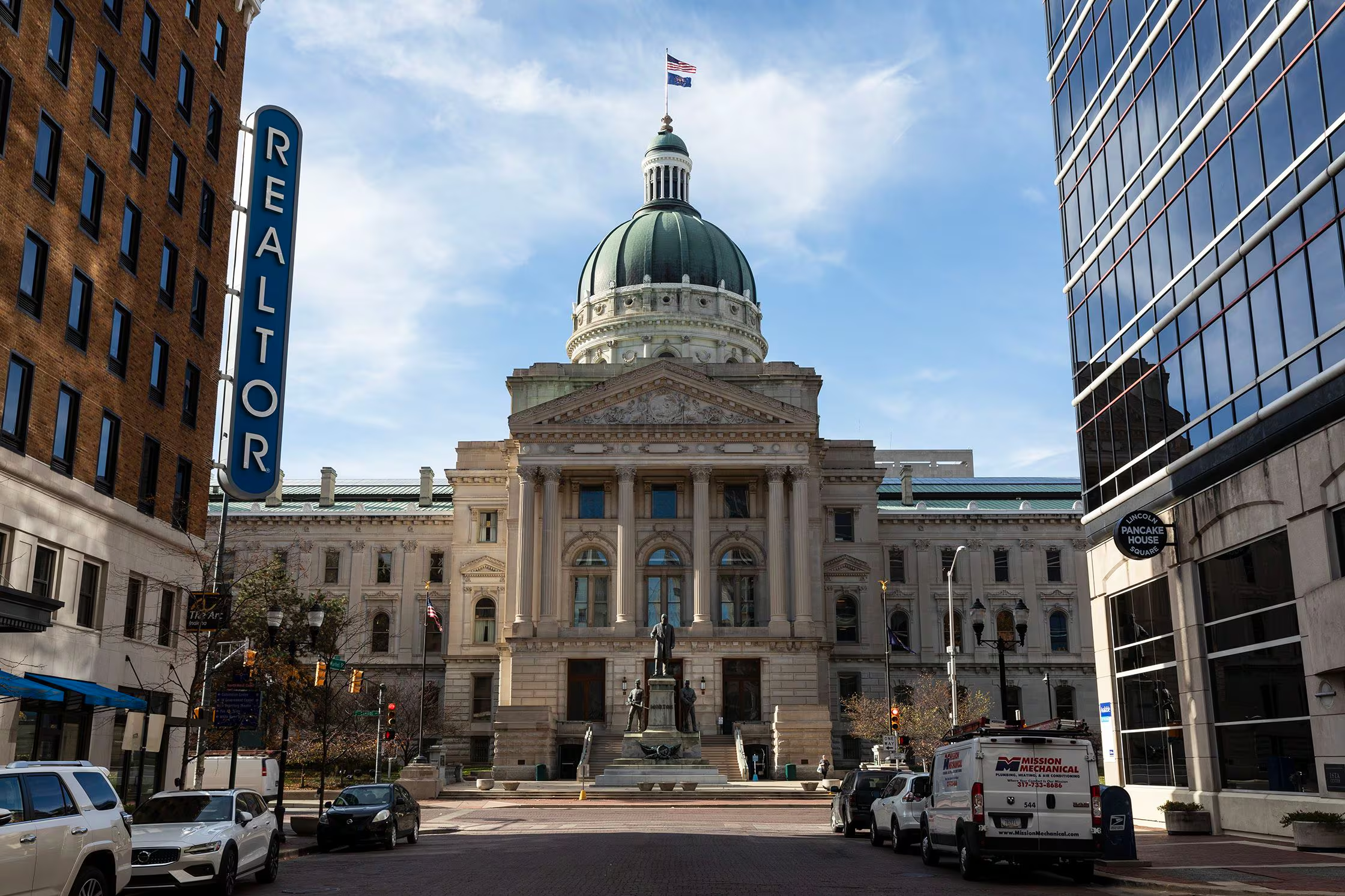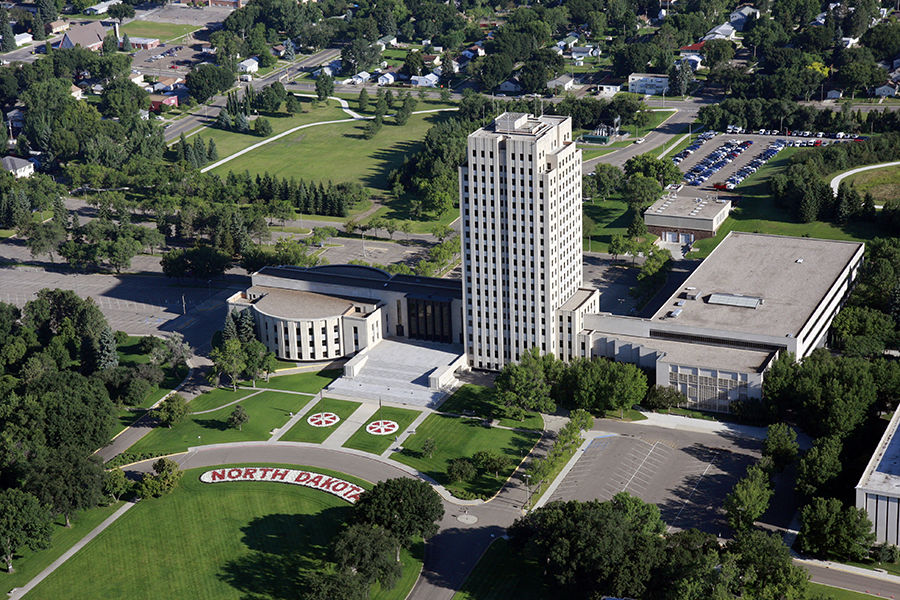Debt Relief Programs
If you’re overwhelmed by debt in Alaska, you’re not alone. Whether you live in Anchorage, Fairbanks, Juneau, or a remote village, many Alaskans are struggling with high living costs, credit card bills, and student loans. At APFSC, we provide reliable, non-profit debt relief and credit counseling services designed to help you simplify your finances, reduce interest, and become debt-free with confidence.
The Growing Debt Problem
The Debt Landscape in Alaska
Alaska has the highest cost of living in the country due to its remote geography, extreme climate, and heavy reliance on imported goods. That, combined with irregular employment in seasonal industries, makes it easy for debt to spiral. The average credit card debt per borrower in Alaska is over $6,400—the highest in the U.S.—and the average student loan debt is more than $34,000. Approximately 11.5% of residents carry student loan debt.
Even with higher-than-average wages, many Alaskans find themselves living paycheck to paycheck, using credit cards to cover basics like groceries, heating, and transportation. When monthly minimum payments aren’t enough, it’s time for a real plan—and that’s where APFSC can help.
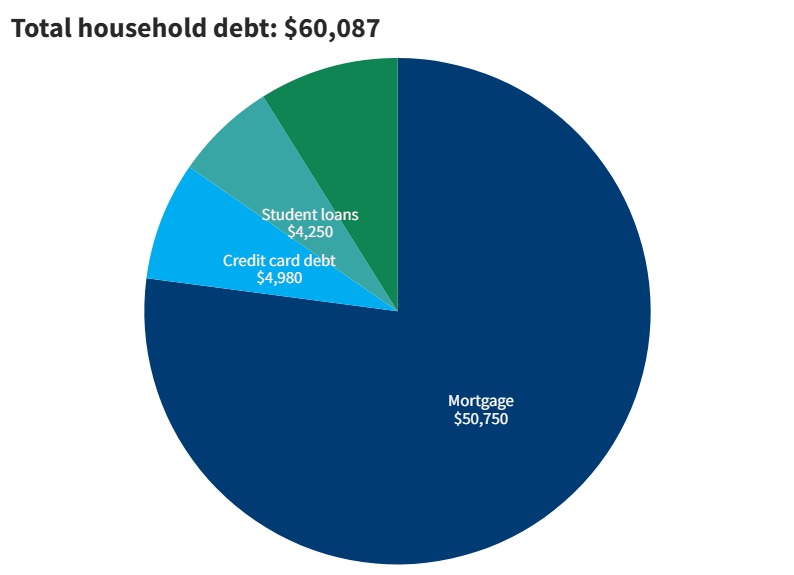
How APFSC Helps Alaska Residents Get Out of Debt
We start with a free, private consultation with a certified credit counselor. We evaluate your full financial picture—income, bills, and total debts—and create a customized Debt Management Plan (DMP) to consolidate your unsecured debts into one predictable monthly payment, usually with lower interest rates.
Benefits of our DMP:
- Combine debts into one easy monthly payment
- Negotiate lower interest rates and stop late fees
- Eliminate collection calls and creditor harassment
- Pay off debt in 3 to 5 years
- Access budgeting tools and ongoing support
It’s not a loan—it’s a smarter way to pay down your existing balances while saving money and reducing stress.
Why Alaskans Accumulate Debt
- High costs for housing, utilities, and groceries
- Unpredictable or seasonal income from fishing, tourism, or oil
- Credit card use for basic necessities
- Student loan repayment challenges post-graduation
- Limited financial literacy resources in remote areas
Talk to a HUD-certified housing counselor to get help with the housing challenges you’re facing.
What Makes a Debt Management Plan Work?
A Debt Management Plan is a structured way to repay unsecured debts like credit cards, personal loans, and medical bills—without taking on new debt. You make one monthly payment to APFSC, and we handle the rest by paying your creditors directly.
Key advantages of a DMP:
- Reduced interest rates from most major creditors
- A single monthly payment that fits your budget
- Relief from calls, letters, and lawsuits
- Steady credit improvement through consistent payments
- Expert guidance throughout the entire process
Most clients finish their program in 3 to 5 years, depending on debt level and payment capacity.
Your Rights Under Alaska Law
Alaska residents are protected by the Fair Debt Collection Practices Act (FDCPA), which prevents harassment, false statements, and abusive collection practices. Additionally, Alaska has a statute of limitations of six years on most unsecured debts, limiting the window for legal action by creditors.
If you’re being threatened with lawsuits, wage garnishment, or aggressive collection activity, APFSC will help you understand your rights and navigate your best options.
Why Choose APFSC?
As a non-profit organization, APFSC is focused on helping you—not profiting from your situation. We offer judgment-free support, transparent options, and actionable steps to help you get back on track.
When you contact us, you’ll speak with a certified counselor who understands the financial challenges unique to Alaska. You’ll receive a personalized action plan based on your income, debt, and long-term goals. There’s no obligation, and your first session is completely free.
Talk to a HUD-certified housing counselor to get help with the housing challenges you’re facing.
FAQ
Will a Debt Management Plan hurt my credit score?
Initially, it might dip slightly, but most clients see improvement over time as they make consistent on-time payments.
How long does the program take?
Most people complete their plan in 3 to 5 years, depending on how much they owe.
Can I still use my credit cards?
Once enrolled in a DMP, those accounts are typically closed to help you stay on track.
Is my information kept confidential?
Yes. All consultations and services are private and secure.
